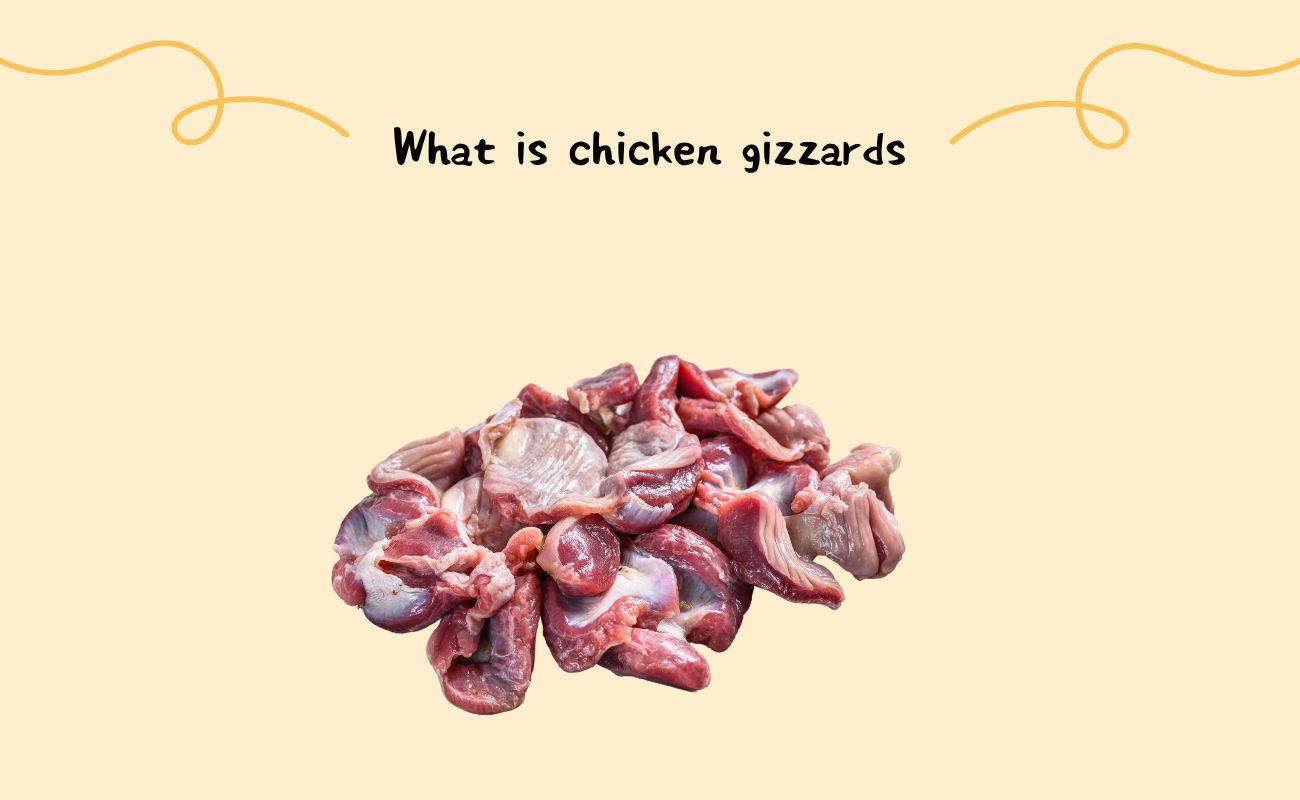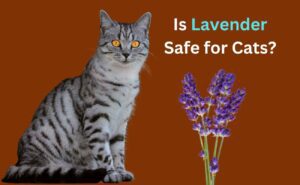What are Chicken Gizzards? Are chicken gizzards good for cats?
Chicken gizzards are a muscular organ found in the digestive tract of chickens.
They are rich in protein and essential nutrients, making them a nutritious option for both humans and animals.
As cat owners, we always strive to provide our feline friends with the best diet possible. But when it comes to feeding them human foods like chicken gizzards, it’s essential to understand if it’s safe and beneficial. In this comprehensive guide, we’ll delve into the question, “Are chicken gizzards good for cats?” and explore all the essential subtopics to ensure your cat’s health and well-being.
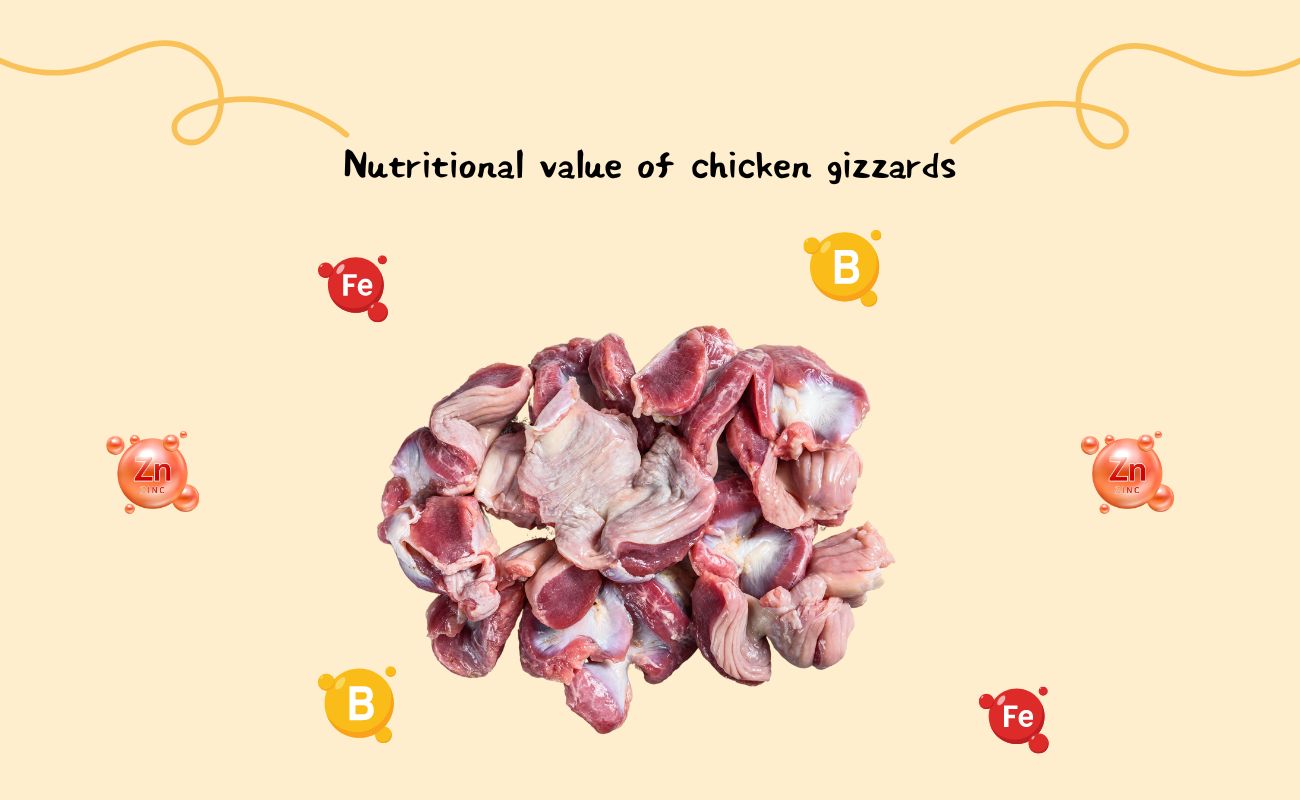
Nutritional Value of Chicken Gizzards
Chicken gizzards are a good source of
- Protein
- Vitamins (including B vitamins)
- Minerals (such as iron and zinc)
- Amino acids
They are low in fat and carbohydrates, making them a healthy protein option for cats.
Here’s a table detailing the nutritional value of chicken gizzards per 100 grams
| Nutrient | Amount Per 100g |
|---|---|
| Calories | 94 |
| Protein | 19.4g |
| Fat | 1.9g |
| Saturated Fat | 0.5g |
| Cholesterol | 536mg |
| Sodium | 111mg |
| Potassium | 223mg |
| Iron | 4.3mg |
| Vitamin A | 106μg |
| Vitamin C | 5.0mg |
| Calcium | 11mg |
Please note that these values are approximate and can vary based on factors such as cooking method and the specific diet of the chicken.
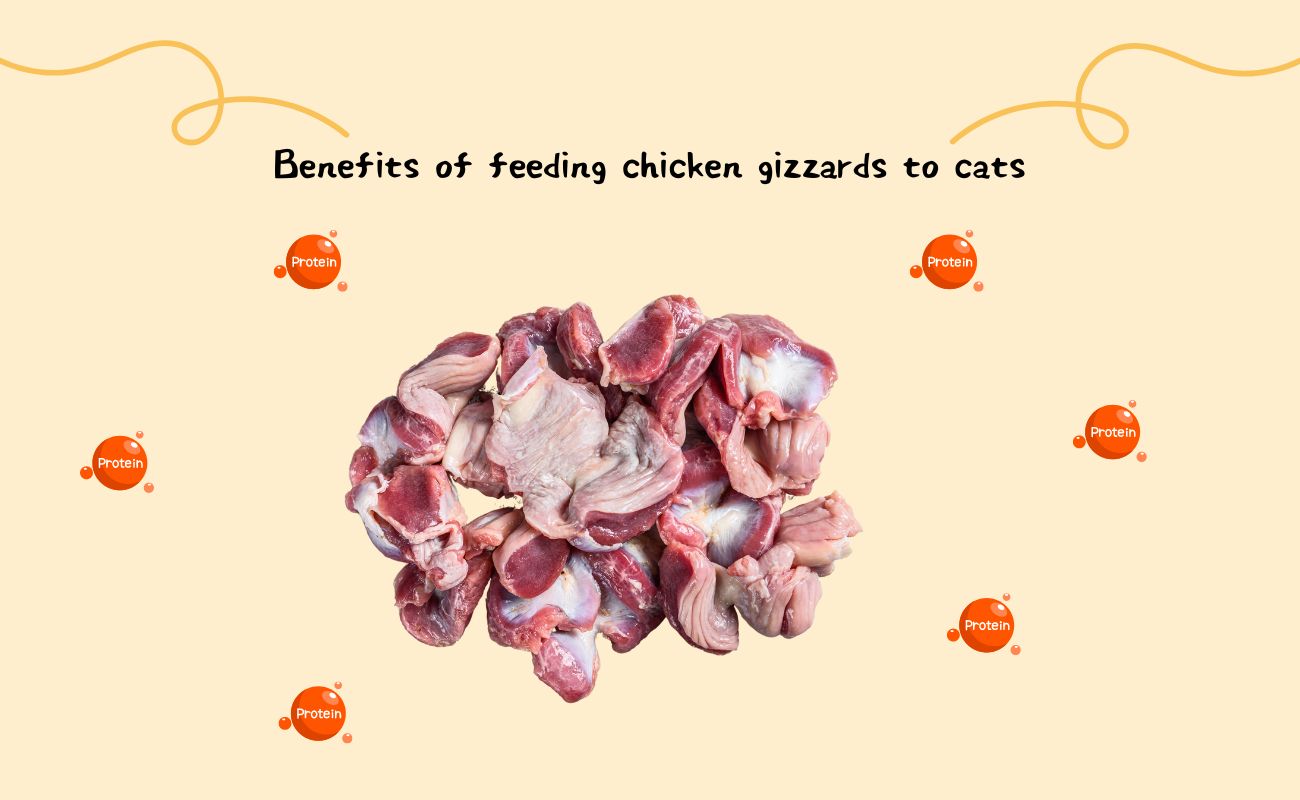
Benefits of Feeding Chicken Gizzards to Cats
Protein-rich: Cats require a diet high in protein to support their muscle growth, maintenance, and overall health.
Nutrient-dense: Chicken gizzards provide essential vitamins and minerals that contribute to a well-balanced diet for cats.
Dental health: Chewing on chicken gizzards can help promote dental health in cats by reducing plaque and tartar buildup.
Risks and Considerations
Allergies: Some cats may be allergic to chicken or poultry products, resulting in allergic reactions or digestive upset.
Preparation: It’s crucial to prepare chicken gizzards properly to ensure they are cooked thoroughly and free from harmful bacteria like salmonella.
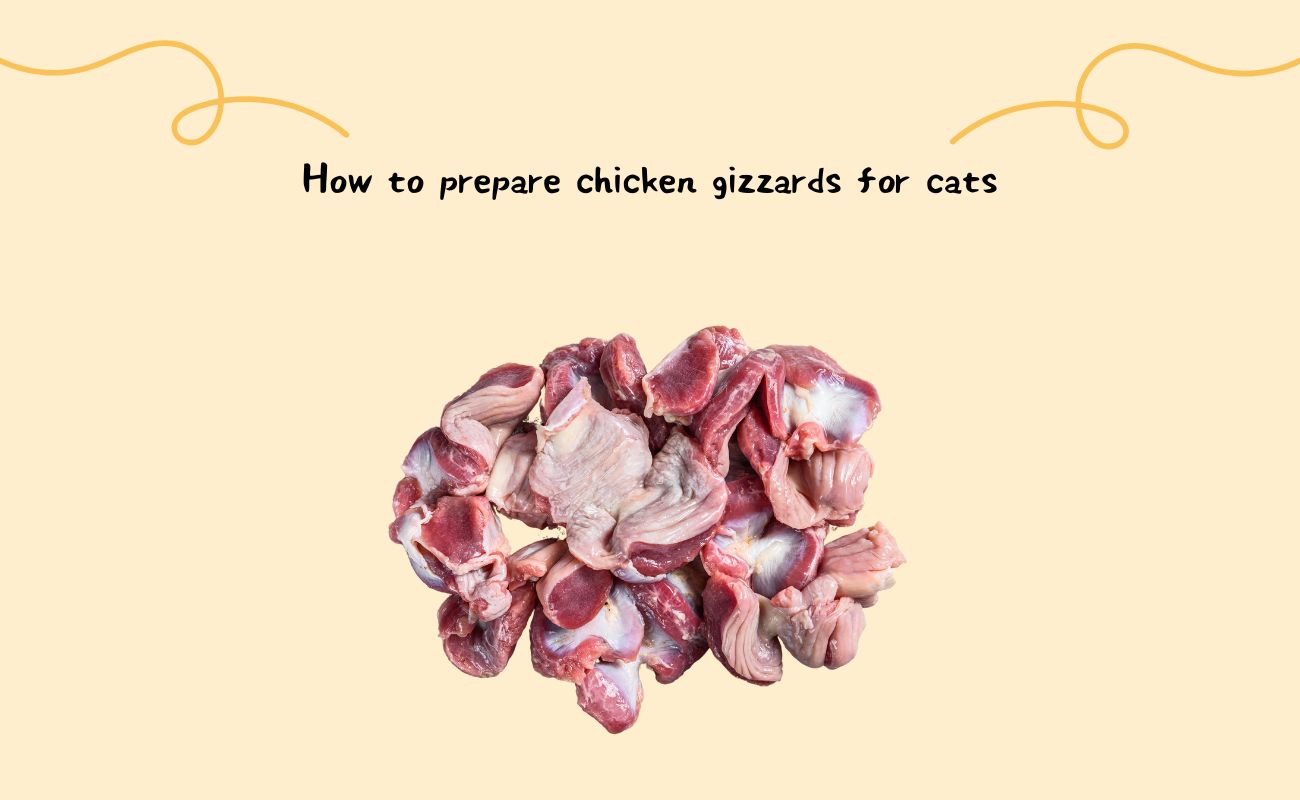
How to Prepare Chicken Gizzards for Cats
Boil or steam: Cooking chicken gizzards by boiling or steaming them is a safe and easy way to prepare them for your cat.
Avoid seasoning: It’s best to avoid adding any seasoning or spices to chicken gizzards when cooking for cats, as these can be harmful to their digestive systems.
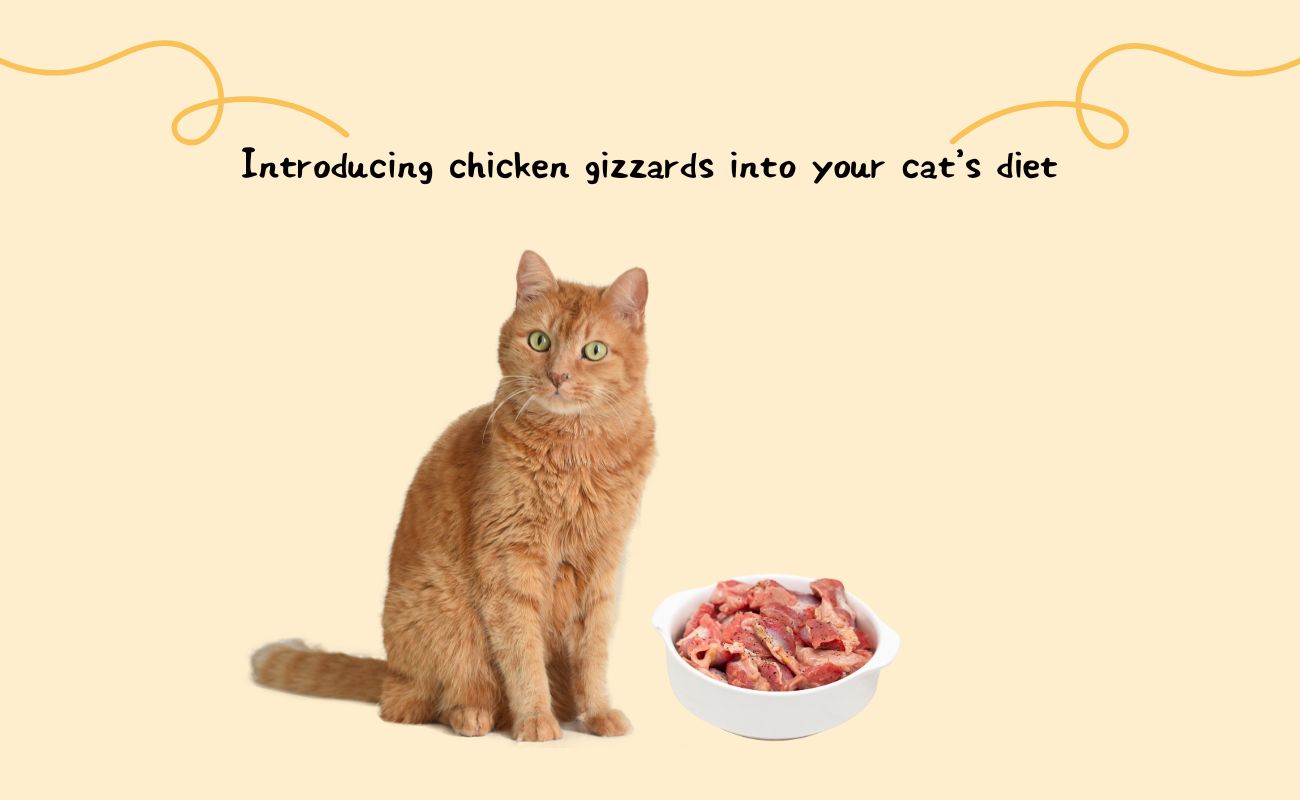
Introducing Chicken Gizzards into Your Cat’s Diet
Start slowly: Introduce small amounts of cooked chicken gizzards into your cat’s diet gradually to allow their digestive system to adjust.
Monitor for reactions: Keep an eye on your cat for any signs of allergic reactions or digestive upset when introducing new foods.
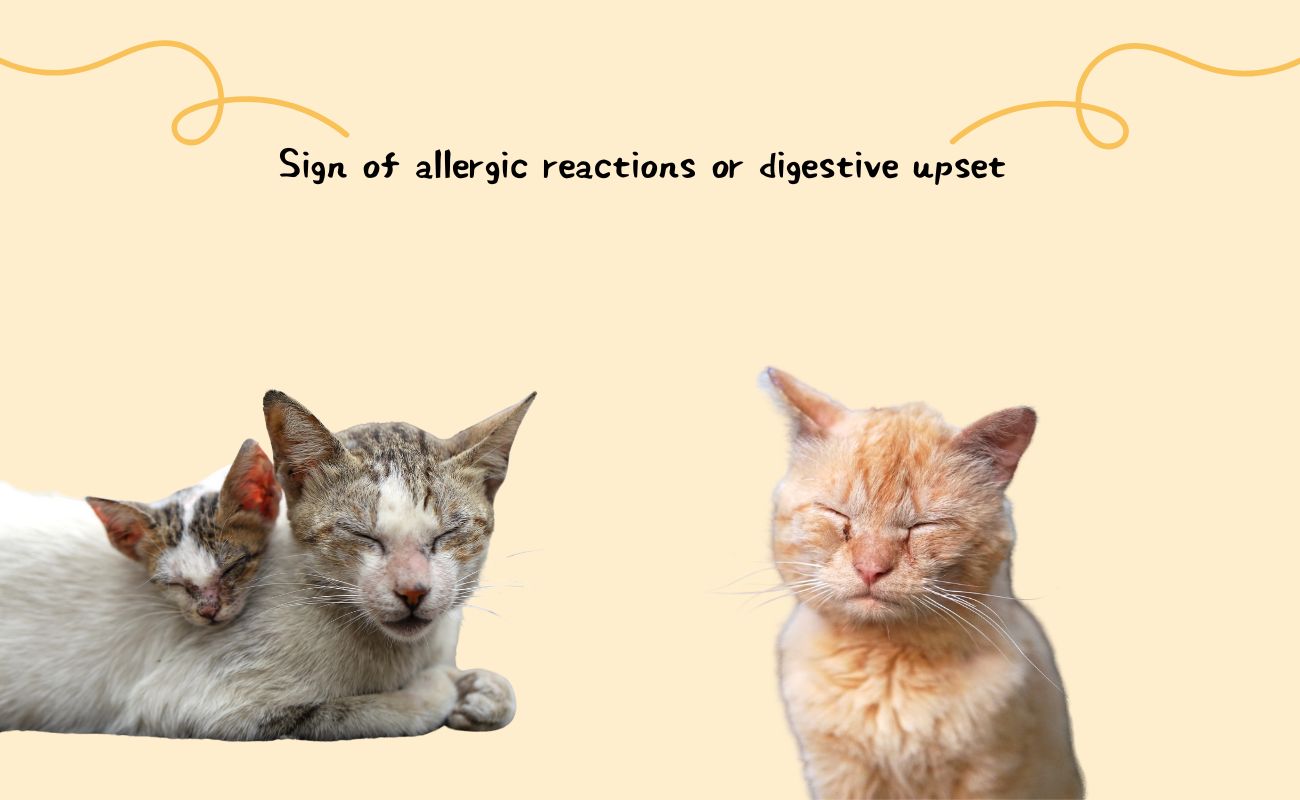
Signs of Allergic Reactions or Digestive Upset
Symptoms may include
- Vomiting
- Diarrhea
- Itching
- Skin rashes
- Respiratory issues
If you notice any of these symptoms, discontinue feeding chicken gizzards and consult with your veterinarian.
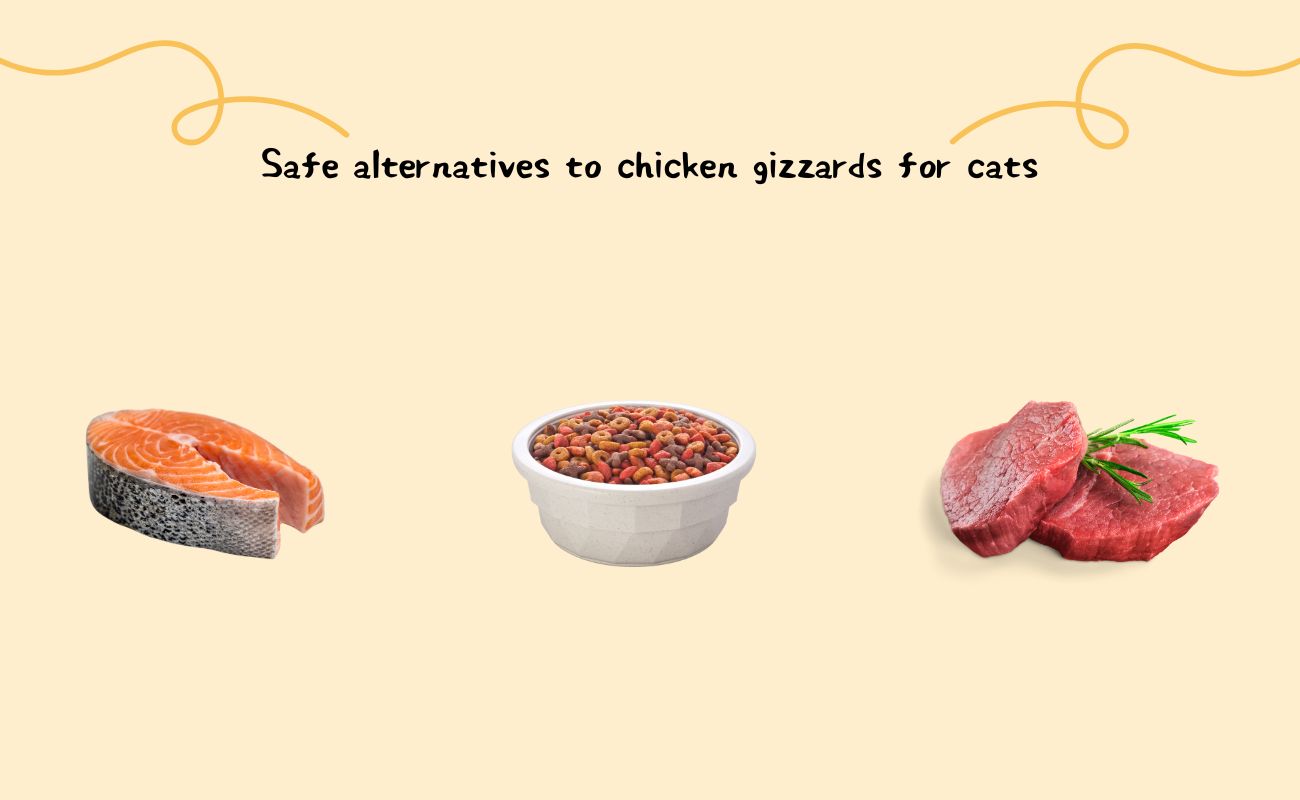
Safe Alternatives to Chicken Gizzards for Cats
If your cat has allergies or sensitivities to chicken, consider alternative protein sources such as
- Turkey
- Fish
- Beef
Commercial cat food formulas specifically formulated to meet feline nutritional needs are also suitable options.
Consulting with Your Veterinarian
Before making any significant changes to your cat’s diet, it’s essential to consult with your veterinarian.
Your veterinarian can provide personalized dietary recommendations based on your cat’s age, health status, and individual needs.
Summary: Making Informed Decisions for Your Cat’s Diet
While chicken gizzards can be a nutritious addition to your cat’s diet, Yes you can offer chicken gizzards to your Cats in limited amount, consider both the benefits and potential risks.
By understanding the benefits and risks associated with feeding chicken gizzards to cats, you can make informed decisions to promote your cat’s health and well-being. Remember, your cat’s diet plays a significant role in their overall health and happiness.


